The US is trying to reach the oil-rich North African country of Libya, while Russia has expanded its influence there with the presence of the Wagner security group.
As the US considers reopening its embassy in Libya, the Russian ambassador is preparing to take up his post in the capital, Tripoli. In recent years, Libya has had two parallel governments. One is an interim government headed by Prime Minister Abdulhamid Dbeibah in Tripoli. The other is a government based in the eastern region of Tobruk, appointed by the Libyan parliament , with security forces led by General Khalifa Haftar.
Russia has long maintained influence in the east of the country. The decision to re-establish a diplomatic presence in Tripoli, where the UN-backed government is based, is the clearest sign yet that President Putin is seeking to extend his influence beyond his traditional region .
Libya is a member of the Organization of the Petroleum Exporting Countries (OPEC). European countries are eyeing the North African country as a potential alternative to Moscow’s energy. Washington has recently sent a series of senior officials to Libya to counter Russian influence. One of them is CIA director William Burns, who visited in January for talks with both the eastern and western governments , before meeting with officials from neighboring Egypt, which supports Haftar.
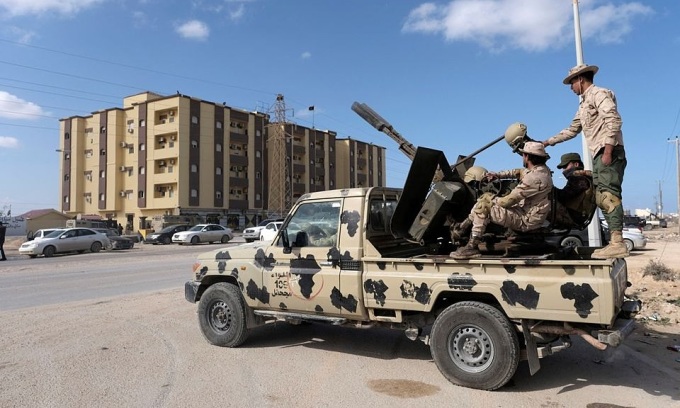
Security forces stand guard outside the parliament building in Tobruk, Libya in February 2022. Photo: Reuters
Experts say one of the biggest US concerns in Libya is the presence of the Russian security group Wagner, which has about 2,000 members. The group supported Haftar's failed campaign to seize the capital Tripoli in 2019-2020. Since then, Wagner has helped him consolidate control over oil supplies in a country that accounts for 40% of Africa's reserves.
"The current situation in the country is unstable. Our message is that you will only be recognized through elections," said US special envoy to Libya Richard Norland. He warned of activities "taking advantage of internal divisions and hindering the UN's efforts to promote the organization of elections".
The US is at a disadvantage in Libya, where it has no military or diplomatic presence. While US officials say they are working to reestablish an embassy in Libya, the decision poses a political risk for President Joe Biden, who was vice president during the NATO-backed uprising that toppled longtime leader Muammar Qaddafi in 2011, plunging Libya into chaos.
The US embassy in Libya closed in 2014 as the country descended into civil war. An attack on the US consulate in Benghazi that killed Ambassador Christopher Stevens and three other Americans in 2012 sent shockwaves through domestic politics and made any decision to return to Libya risky.
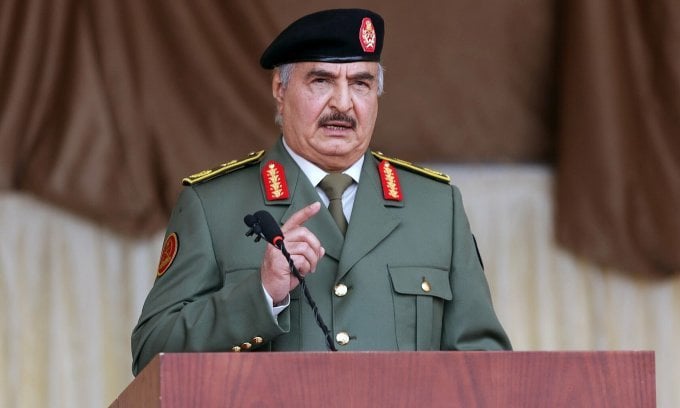
Khalifa Haftar in Bengazhi, Libya in December 2020. Photo: Reuters
Although its membership in Libya has dwindled from more than 4,000 to about 2,000 since the start of the Ukraine conflict, Wagner is now present at four military bases in Libya, according to the Sadeq Institute for Libyan Studies and Navanti Group, a consulting firm for the US government. Wagner has access to some of Libya’s most important energy facilities, including the largest oil field, Sharara, and the crude export terminal, Es Sider.
In 2020, supporters of Khalifa Haftar blockaded the country's oil fields and ports in an attempt to put pressure on the government in Tripoli, a move Western officials say is actually being orchestrated by Haftar.
Mustafa Sanalla, the former head of Libya’s National Oil Company (NOC), accused Wagner and the United Arab Emirates (UAE) of being involved in the blockade. In 2022, a new blockade was launched, ending with Sanalla being replaced by someone more friendly to the eastern government.
“The shutdown was largely due to domestic political wrangling over the division of oil revenues. But I don’t believe it would have happened without Wagner’s support for Haftar’s forces, who have deployed military force around the oil facilities,” said Robert Uniacke, senior Libya analyst at Navanti Group.
Russia’s efforts to restore influence lost after Qaddafi’s death in 2011 have not always gone smoothly. Both Haftar’s offensive to take Tripoli and the late leader’s attempt to install his son, Saif al-Islam, as president have failed.
President Putin appears to have decided to pursue a status quo policy in Libya, which would allow Russia to still control Libyan oil exports, observers say.
Farhat Bengdara, the new head of the NOC, praised Haftar’s forces for their “great efforts” to protect the oil fields. He said Libya had plans to open more blocks to international companies by 2024 and increase production from 1.2 million to 2 million barrels per day over the next five years. However, most analysts do not believe the NOC can achieve that goal without more political stability.
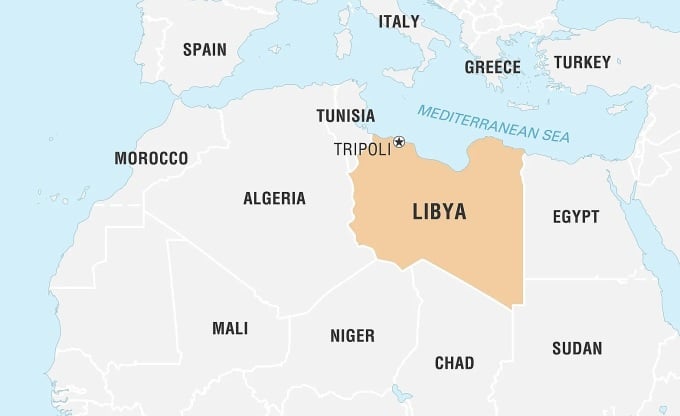
Location of Libya. Graphic: Britannica
Wagner has fighter jets and missile defense systems, making any attempt to curb its influence in Libya difficult. General Haftar relies on Wagner to ensure his safety and counter Libyan militias.
Gleb Irisov, a former Russian air force officer who worked at the Khmeimim base in Syria in 2019-2020, said he saw 20 Soviet-made MiG-29 fighter jets and helicopters delivered to Libya.
"The number one goal of the US is to push Wagner out of the country and ensure elections in Libya. But neither has come true," said Jalel Harchaoui, a Libya expert at the Royal United Services Institute (RUSI).
Thanh Tam (According to Bloomberg )
Source link





![[Photo] "Ship graveyard" on Xuan Dai Bay](https://vphoto.vietnam.vn/thumb/1200x675/vietnam/resource/IMAGE/2025/11/08/1762577162805_ndo_br_tb5-jpg.webp)


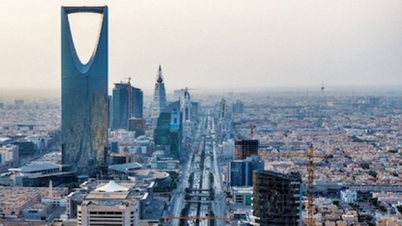



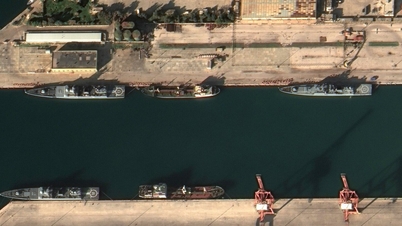


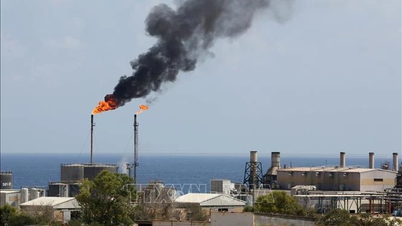

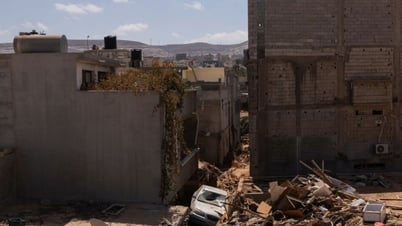




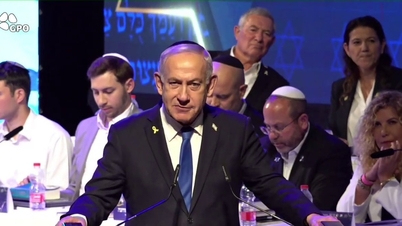
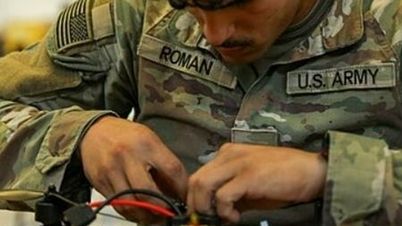
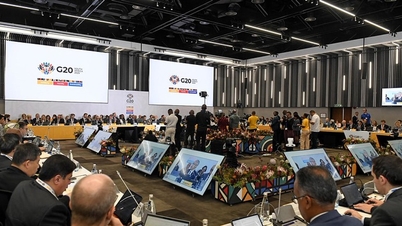
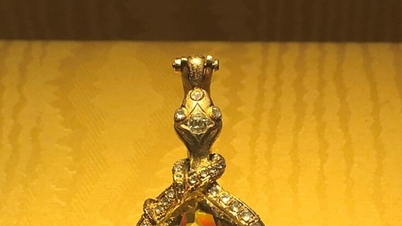













![[Video] Hue Monuments reopen to welcome visitors](https://vphoto.vietnam.vn/thumb/402x226/vietnam/resource/IMAGE/2025/11/05/1762301089171_dung01-05-43-09still013-jpg.webp)













































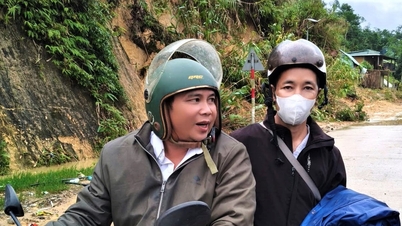























Comment (0)